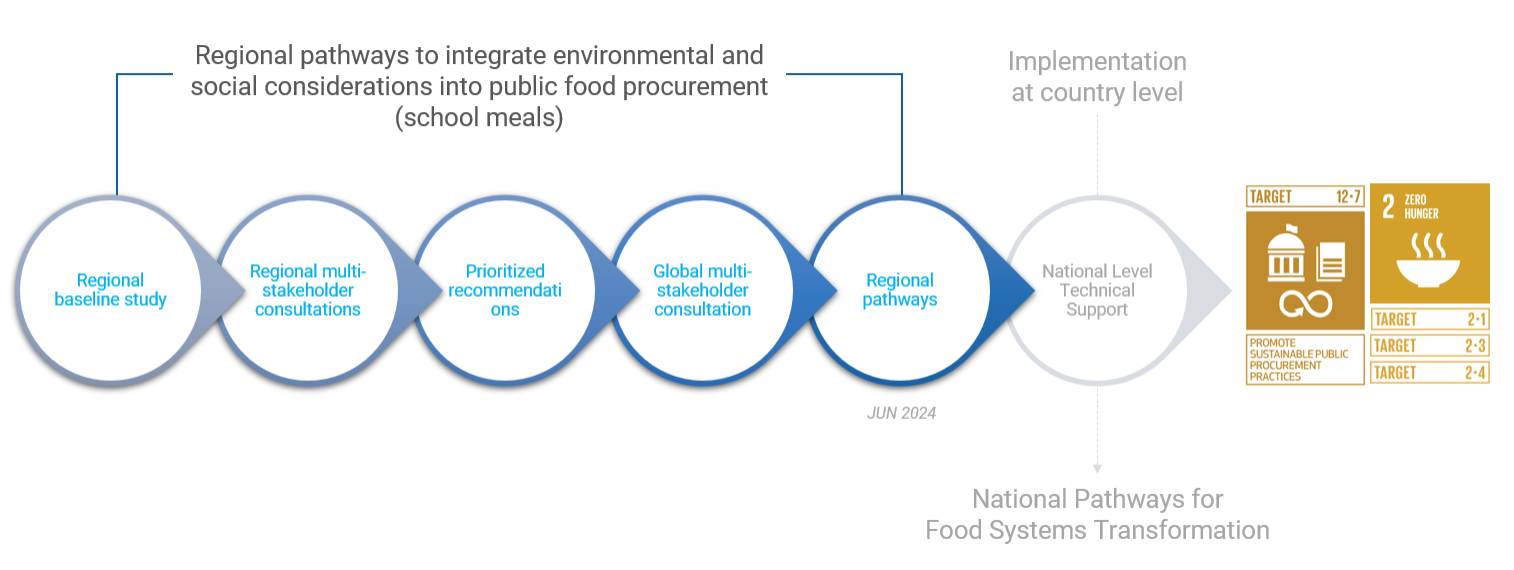Three training modules on biodiversity management for farm advisors
The objective is to close the existing lack of capacity building on biodiversity in the food sector - including agriculture as the main supplier. Standards as well as companies provide training and guidelines to the owners or managers of the certified farms. They have their own advisors to support farmers or they outsource such capacity building activities and assessments. In addition, many food companies – especially the larger ones – support farmers with capacity building programmes and training material. However, so far protection of biodiversity is not a priority within capacity building activities and often it is not addressed at all. Advisors do not receive special training on key aspects of biodiversity such as creation and maintenance of ecological structures or the elaboration of a Biodiversity Action Plan. Therefore they cannot assess farmers on aspects of importance for the biodiversity performance of the farm. Guidelines are very rare and sustainability tools consider only few biodiversity aspects. Up to now, (certified) farmers do not receive sufficient support to realize the required measures of standards and companies in a good quality – but quality is important to achieve a positive impact on biodiversity. Furthermore, certifiers are often not sufficiently trained to verify whether biodiversity related criteria are accurately implemented or not. To certify certain requirements, such as the quality of a Biodiversity Action Plan (or Conservation Plan) or the sustainability of the collection of wild species, special expertise is required. But so far, no specific training on biodiversity is offered for certifiers & auditors. Product and quality managers as well as persons responsible for procurement in food processing companies and retailers decide which quality, environmental and social requirements the products & production processes need to fulfil. Most of the companies have sourcing guidelines or rules for the supply chain (regarding suppliers or farmers for direct delivery) as basis for decision making. And often, these guidelines or rules refer to standards and require certifications as a proof of the fulfilment of certain quality. The training modules developed are directed to farmer advisors of standards and cooperatives, to certifiers and to product-, quality- and procurement managers of food companies.
Training modules include biodiversity management as well as VERY good agricultural practises to reduce negative impacts on biodiversity. The improve the understanding, why biodiversity plays such an important role - not only from the ecological point of view, but also for food production and economical considerations. The training modules can be included into existing training programmes.
External source(s)
Image


